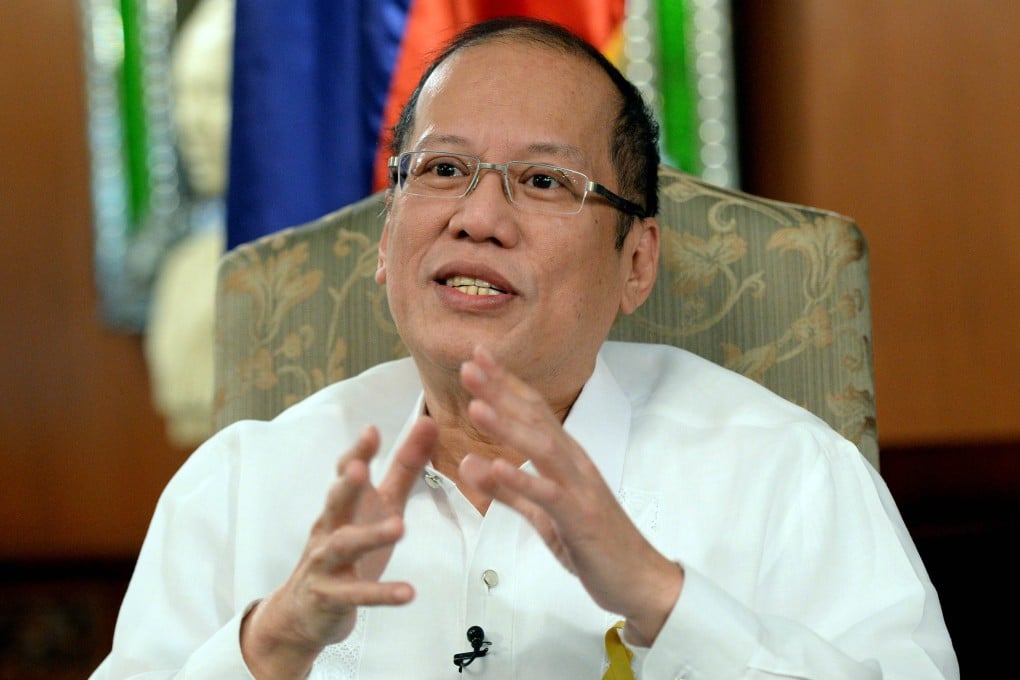Engaging China is best way for Philippine President Benigno Aquino to end his term
Philippine President Benigno Aquino has little more than a year left in office and a legacy to think of.

Philippine President Benigno Aquino has little more than a year left in office and a legacy to think of. He is especially mindful of growing anti-Chinese sentiment in his country spurred by Beijing's perceived bullying on a range of issues, among them disputed territory in the South China Sea. There is little likelihood of a backing down on positions already taken or the forging and strengthening of alliances with governments seen as having common interests. But he also has to be realistic; China is the world's economic powerhouse and the best chance of greater growth and development for the Philippines and the region.
Aquino is well aware of China's might; it is why his country was a founding member of the Beijing-led Asian Infrastructure Investment Bank, a multilateral institution to fund projects across the region. China is also a significant investor and trading partner with the Philippines, accounting for 12.7 per cent of trade in 2013, ranking third behind Japan and the US. Their trading ties go back centuries and many Filipinos have Chinese ancestry; Aquino is fifth generation Chinese. Uneasiness about Beijing's rise is testing those links, though.
The president made the strains clear in his exclusive interview with the last week. While he and President Xi Jinping pledged during a brief meeting on the sidelines of the Asia-Pacific Economic Cooperation summit last November to deal with conflicts over the South China Sea through constructive engagement, there has been no obvious effort. Weeks later, a court in Manila jailed nine Chinese fishermen for poaching. Beijing the following month issued a position paper on the maritime dispute and expressed opinions on the Philippines' arbitration case before the International Tribunal for Law of the Sea on the legality of China's claims.
Aquino is not backing down. The Philippines expects to put forward its arguments in the case in July and a ruling is likely early next year. A new strategic partnership is being negotiated with Vietnam, which also has claims in the South China Sea. Both have protested against Chinese oil exploration and island reclamation and moved closer to Japan and the US.
Beijing has legitimate territorial claims in the South China Sea and disputes should be settled through bilateral negotiations. Although its actions in the region have caused concern, they are part of China's efforts to exert its influence. As his presidential term winds down, Aquino's legacy best lies in engaging and reaching out to China.
